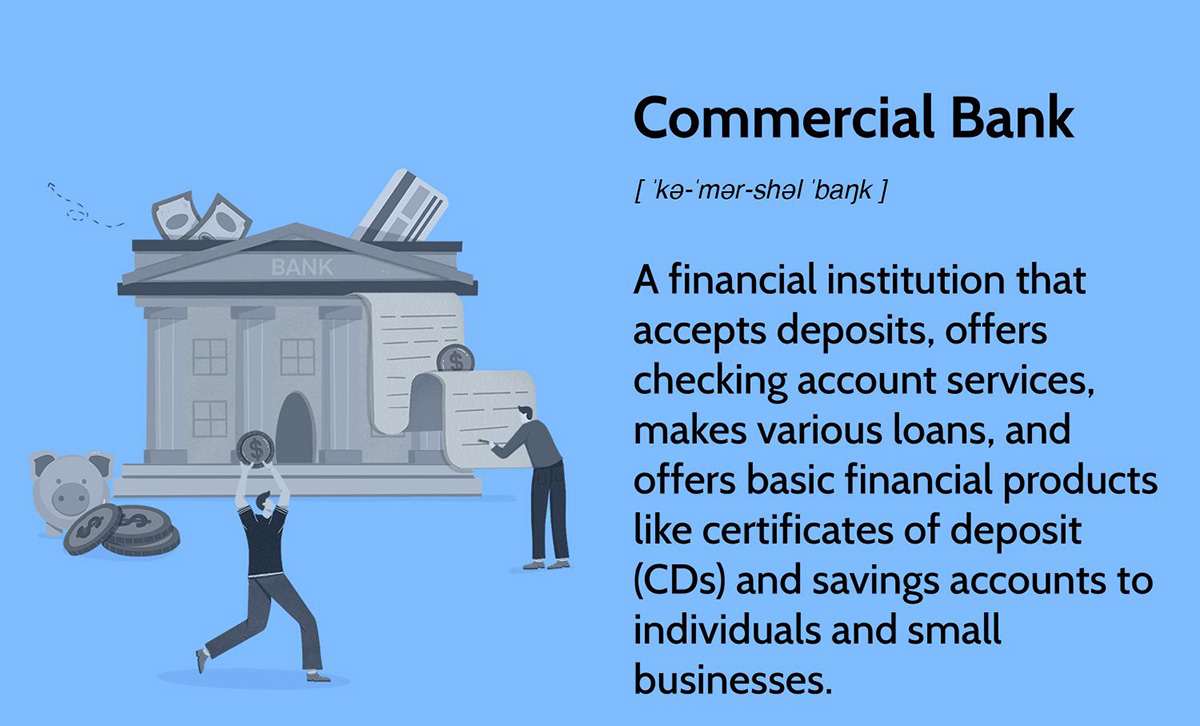

Finance
Panic Selling Definition
Published: January 5, 2024
Learn the definition of panic selling in finance and its impact on the market. Understand the reasons behind this phenomenon and how to navigate through it wisely.
(Many of the links in this article redirect to a specific reviewed product. Your purchase of these products through affiliate links helps to generate commission for LiveWell, at no extra cost. Learn more)
Understanding Panic Selling: A Closer Look at this Financial Phenomenon
Welcome to our Finance category! In this article, we will dive into the world of panic selling. What exactly is panic selling, and why does it happen? We’ll explore these questions and more to help you gain a better understanding of this financial phenomenon.
Key Takeaways:
- Panic selling is the widespread selling of assets due to fear and panic among investors.
- This behavior is often fueled by a negative market sentiment, economic uncertainty, or a triggering event.
What is Panic Selling?
Panic selling occurs when investors engage in a mass selling of their assets, such as stocks, bonds, or cryptocurrencies, typically triggered by fear and uncertainty. This behavior can be characterized by a rapid and significant decline in the market, as many individuals rush to sell their investments.
So, what causes panic selling? Here are a few factors that can contribute to this widespread phenomenon:
- Negative market sentiment: A general feeling of pessimism and fear among investors can fuel panic selling. When economic indicators or news reports evoke widespread uncertainty or negativity, it can lead to a rapid decline in market prices.
- Economic uncertainty: Uncertainty about the future direction of the economy, such as concerns about recession or inflation, can make investors nervous and trigger panic selling.
- Triggering events: An unexpected event, such as a natural disaster, political unrest, or a global pandemic, can spark panic selling. These events often introduce unpredictability and instability to the market, causing investors to sell their assets in a hurry.
The Impact of Panic Selling
Panic selling can have significant consequences for individual investors and the financial markets as a whole. Here are a few key impacts:
- Market volatility: Panic selling contributes to increased market volatility, with sharp declines in asset prices. This can result in substantial losses for investors, as well as create challenges for market stability.
- Opportunity for contrarian investors: While panic selling may be detrimental to some, it can present opportunities for contrarian investors who are willing to buy assets at lower prices. These investors believe that market sentiment is overreacting and use the opportunity to acquire undervalued assets.
- Long-term consequences: Panic selling can disrupt the natural functioning of financial markets and lead to long-term consequences. It can erode investor confidence, hinder economic growth, and create a negative feedback loop, exacerbating market downturns.
Conclusion
Panic selling is a significant financial phenomenon that can have far-reaching effects on investors and the market. By understanding the causes and consequences of panic selling, investors can make more informed decisions during times of market uncertainty.
Remember, while panic selling may be a natural response to fear and uncertainty, it’s essential to stay calm and make rational decisions based on your investment strategy and long-term goals.














